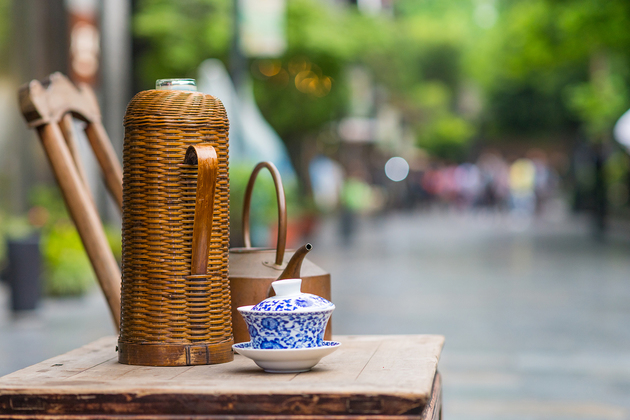
Photo/VCG
China's traditional tea-making was added on Tuesday to the intangible cultural heritage list of the United Nations Educational, Scientific, and Cultural Organization (UNESCO) in the Moroccan capital of Rabat.
The item "Traditional tea processing techniques and associated social practices in China" passed the examination at the 17th session of the UNESCO Intergovernmental Committee for the Safeguarding of the Intangible Cultural Heritage held here from Nov. 28 to Dec. 3.
The move recognizes the knowledge, skills and practices around the tea plantation management, tea-leaf picking, manual processing, drinking and sharing, UNESCO said on its webpage introducing the inscription.
Since ancient times, Chinese people have been planting, picking, making and drinking tea. Tea producers have developed six categories of tea: green, yellow, dark, white, oolong and black teas. Together with reprocessed teas, such as flower-scented teas, there are over 2,000 tea products in China.
Tea is ubiquitous in Chinese people's daily life, as steeped or boiled tea is served in families, workplaces, tea houses, restaurants and temples, to name a few. It is also an important part of socialization and ceremonies such as weddings and sacrifices, UNESCO added.
China now has 43 items on the intangible cultural heritage list, continuing to be the most enlisted country in the world.
Email: tanyuhan@nbd.com.cn


 川公网安备 51019002001991号
川公网安备 51019002001991号





